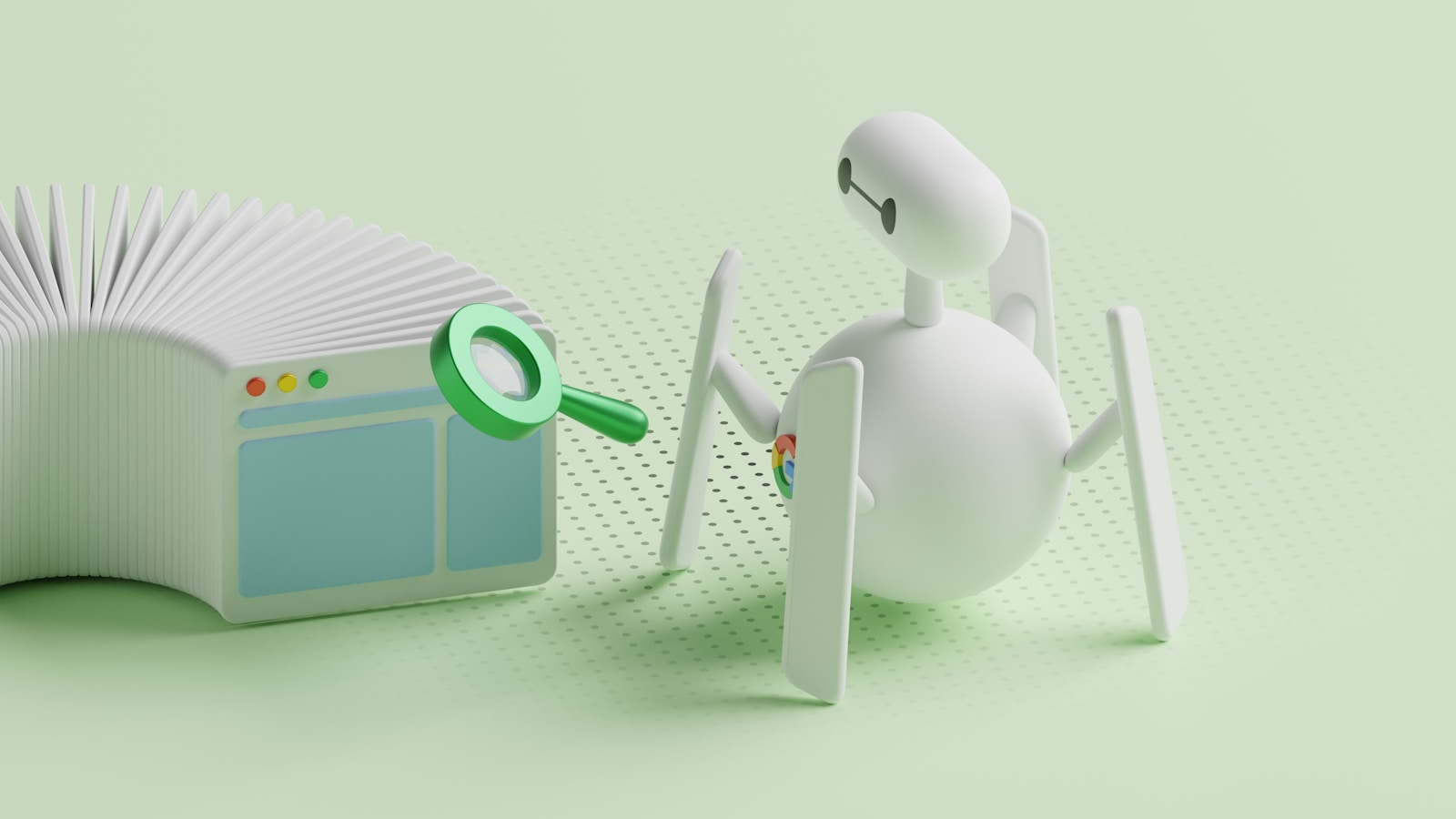AI, or artificial intelligence, has been revolutionizing the tech industry in recent years. One of the most significant ways it is reshaping technology is through the integration of robotics. Automation and robotics have been around for decades, but with the advancements in AI, the capabilities of robots have expanded exponentially. The future of technology is being shaped by this combination of AI and robotics, paving the way for exciting developments in fields such as future nano tech.
Robots powered by AI are becoming increasingly sophisticated, enabling them to perform a wide range of tasks with precision and efficiency. From manufacturing to healthcare to transportation, robots are being deployed to streamline processes and improve productivity. Automation powered by AI is also being used to enhance customer service, with chatbots and virtual assistants becoming more prevalent in various industries.
One of the key benefits of combining AI with robotics is the ability to adapt and learn. Traditional robots were programmed to perform specific tasks, but AI-powered robots can analyze data, learn from experience, and make decisions based on the information they gather. This level of autonomy allows robots to be more versatile and adaptable to changing circumstances, making them valuable assets in dynamic environments.
In the field of future nano tech, AI-powered robots are playing a crucial role in research and development. Nanotechnology, which involves manipulating matter at the molecular and atomic scale, requires precision and control that can be achieved through robotics. By integrating AI into nano tech processes, scientists and researchers can accelerate the pace of discovery and innovation in this cutting-edge field.
The future of technology is bright with the possibilities that AI and robotics bring. As these technologies continue to evolve, we can expect to see even more advancements in automation, robotics, and future nano tech. From self-driving cars to robotic surgery to nanorobotics for targeted drug delivery, the potential applications of AI-powered robots are limitless.
While the integration of AI and robotics offers numerous benefits, it also raises important ethical and societal considerations. The automation of jobs and the potential for AI to outperform humans in certain tasks are issues that need to be addressed as these technologies become more prevalent. It is essential for policymakers, industry leaders, and society as a whole to engage in discussions about the impact of AI and robotics on the workforce, economy, and society.
In conclusion, AI is truly reshaping technology through its integration with robotics. The power of AI to enhance automation, improve efficiency, and drive innovation is transforming industries and opening up new possibilities in future nano tech. As we continue to harness the potential of AI and robotics, it is important to consider the ethical implications and ensure that these technologies are used responsibly for the benefit of all.






Leave a Reply